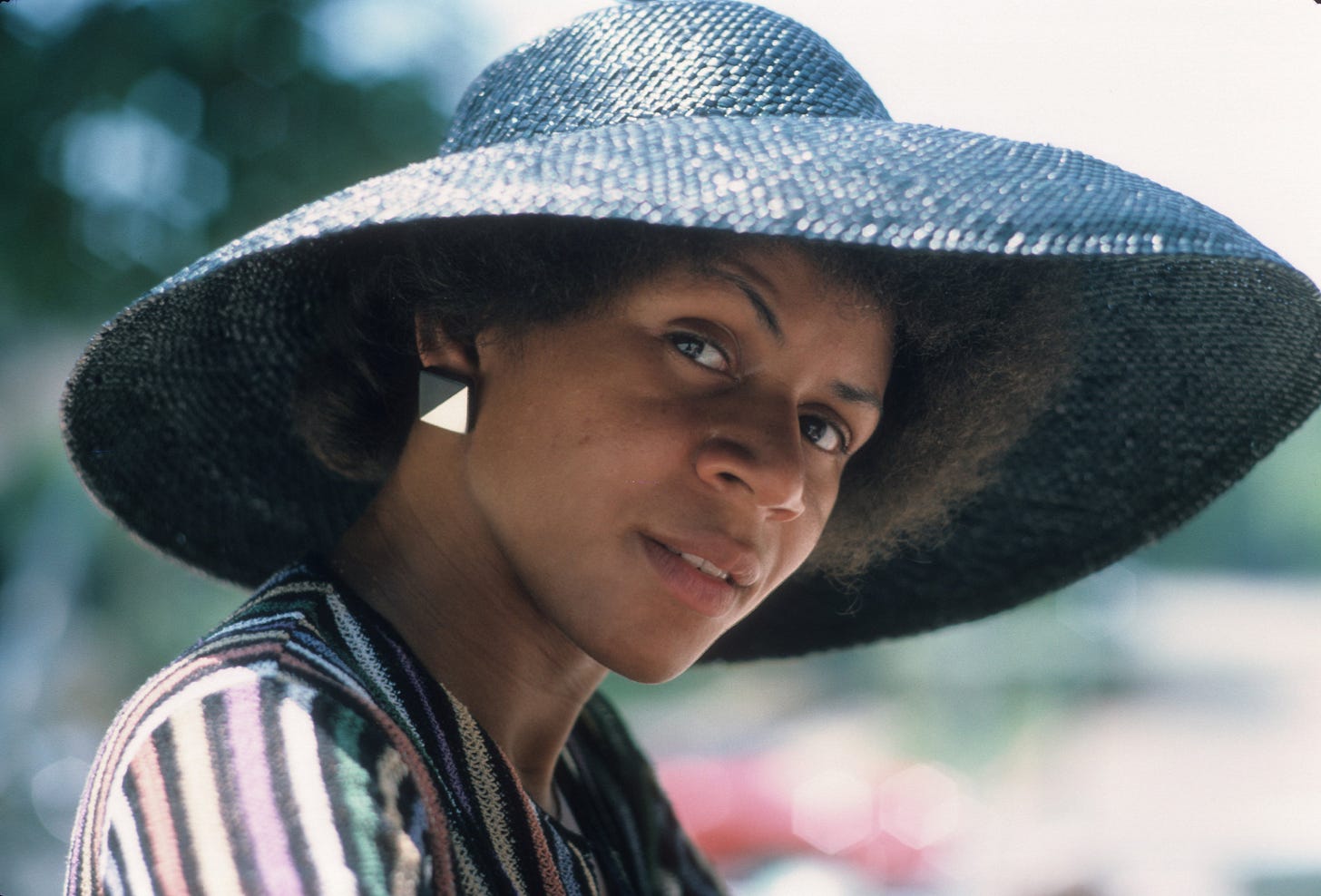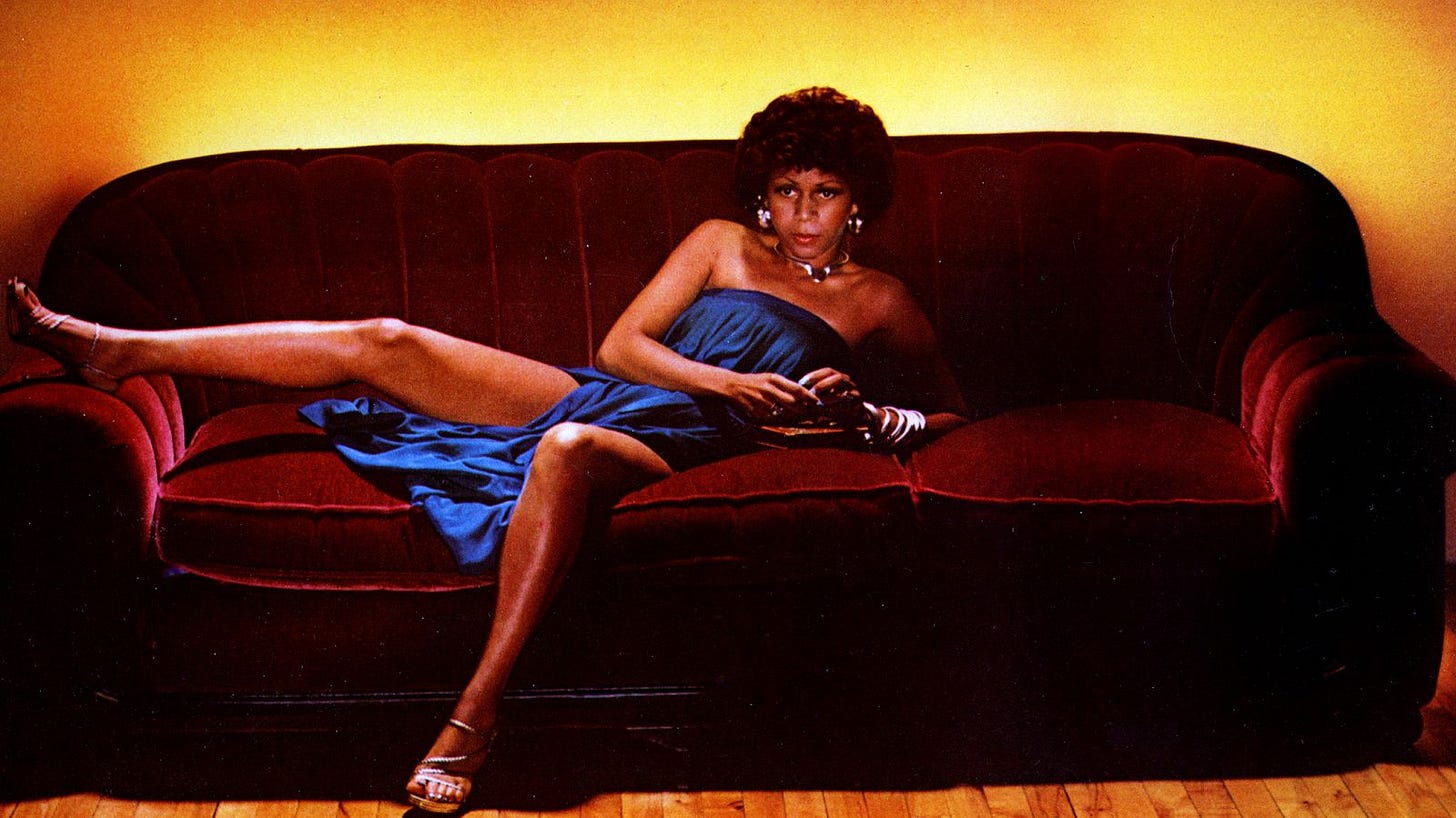The Blueprint of the Ethereal: How Minnie Riperton Mastered the Unseen Note
Beyond "Lovin' You": Exploring the Five-Octave Range That Pushed Soul to the Sonic Limit and Defined a Generation of Divas.
In the luminous, yet tragically brief, career of Minnie Riperton, we find one of the most sublime voices in modern music history—a voice that was at once a delicate lullaby and a majestic, soaring instrument. Often best remembered for the chart-topping 1975 single, “Lovin’ You,” Riperton’s true essence and profound impact extend far beyond one hit, cementing her as a foundational figure in soul, R&B, and the art of vocal performance itself.
“Your wealth can be stolen, but the precious riches buried deep in your soul cannot.” — Minnie Riperton
Her artistry was a rare tapestry, woven from her classical vocal training and her roots in the vibrant Chicago soul scene, notably with the psychedelic soul collective, Rotary Connection. This unique blend birthed a sound that was experimental, spiritual, and deeply romantic, fusing jazz, pop, and R&B into a genre all its own, showcased masterfully on albums like Come to My Garden and Perfect Angel.
At the core of Riperton’s legend lies her unparalleled command of the whistle register, the highest vocal range in the human voice, which she possessed as part of a stunning five-octave range.
“Her songs remain a testament to the beauty of expression and the enduring power of soul... Riperton’s artistry was defined by elegance, innovation, and emotional depth.” — SoulDisco
While the technique existed in classical music, Riperton was the artist who truly brought this ethereal sound into the mainstream of popular music. Her innovation was not merely in reaching the extreme high notes, but in her extraordinary control and musicality within that range. Minnie Riperton’s mastery of the whistle register was defined by her extraordinary technical control and musicality, setting her apart from other vocalists. Unlike many who simply reached those extreme high notes, Riperton possessed the rare ability to enunciate words within the register, strikingly heard on “Here We Go.”
She could also effortlessly change registers in a split second, and produce a pure, sine-tone-like timbre that sounded almost instrumental in its clarity, exemplified by the portamento ending of “You Take My Breath Away.” Furthermore, Riperton displayed the immense stamina to sustain notes deep within the sixth and seventh octaves for long periods, a feat documented in songs like “Reasons” and “Inside My Love,” cementing her reputation as a vocal innovator.
Her seamless, artistic use of this technique on “Lovin’ You” was a revelation, making the whistle register a recognizable and aspirational element for future generations of vocalists. She is often cited as the blueprint and primary inspiration for singers like Mariah Carey and Ariana Grande, who have since popularized the register, a legacy that earns Riperton the title, “Queen of the Whistle Register.”
Minnie Riperton’s life and career were tragically cut short by breast cancer in 1979 at the age of 31. Despite the brevity of her time, her influence remains vast, a testament to the singular genius she poured into every song.
“Minnie Riperton, the woman with the golden voice, remains a pillar of Black culture and soul music. Her impact goes far beyond the charts, transcending time to influence notable contemporary artists.” — Nofi Media
Her work not only elevated the standard of vocal technique but also pushed the boundaries of R&B, challenging the industry to embrace complex, genre-defying Black artistry. Beyond her musical accomplishments, Riperton displayed immense grace and courage, becoming one of the first celebrities to publicly discuss her breast cancer diagnosis and serving as a national spokesperson for the American Cancer Society, using her platform to bring attention to women’s health.
Minnie Riperton’s music continues to resonate, a golden thread connecting the psychedelic experimentalism of the 70s to the intricate vocal acrobatics of today’s divas. Though she was a talent taken “wayyyyyyy ahead of her time,” her voice ensures that the Perfect Angel still soars.




